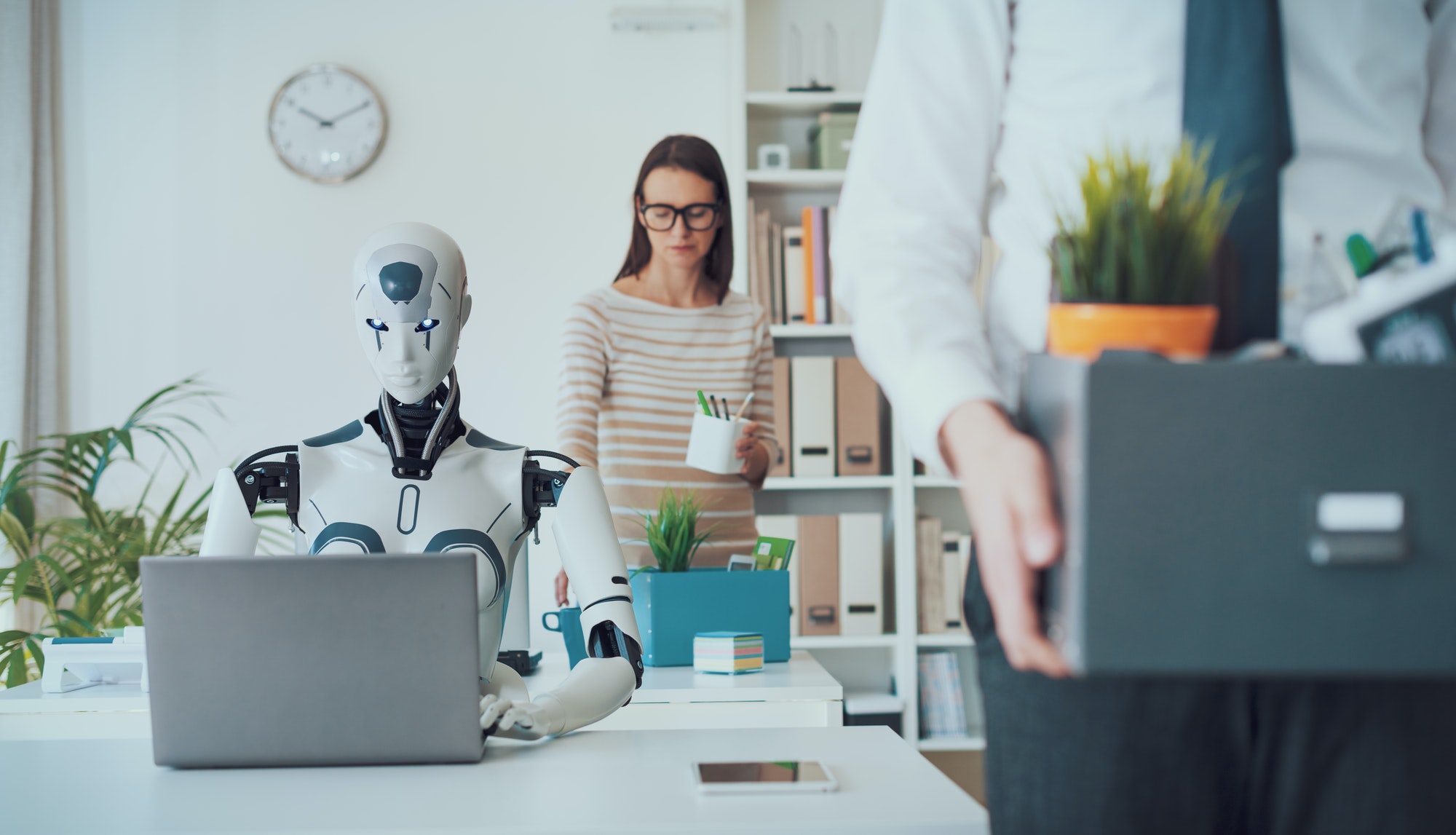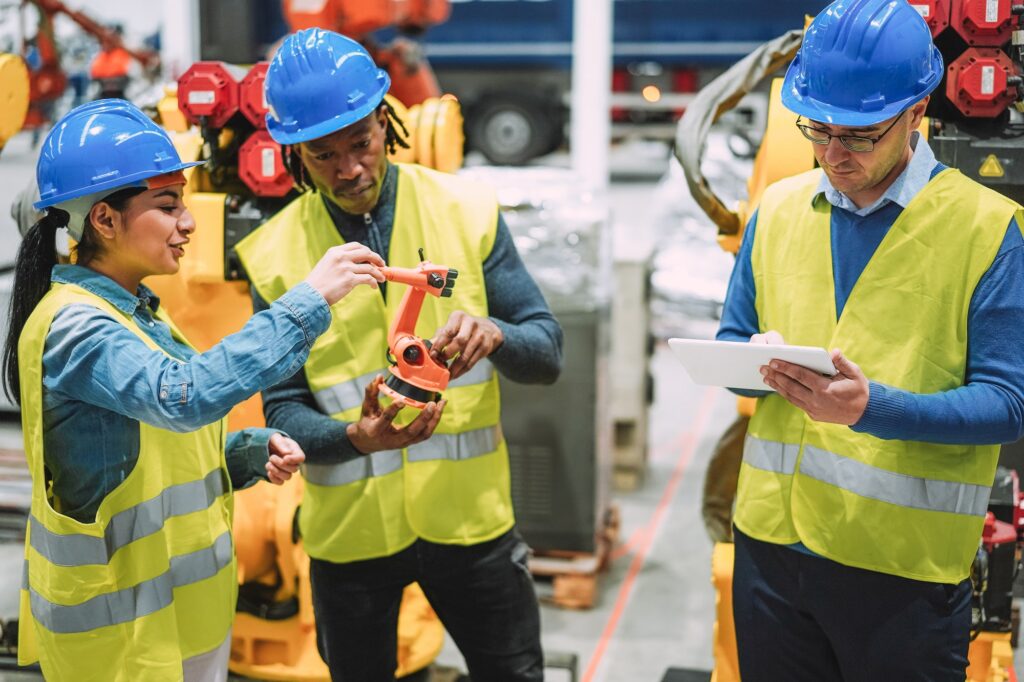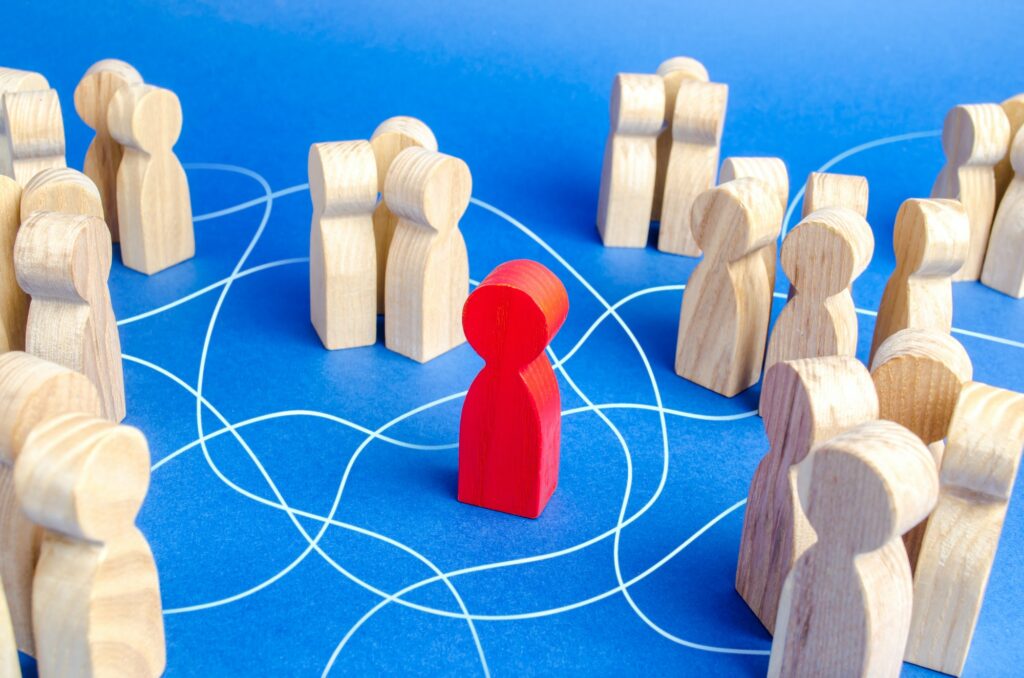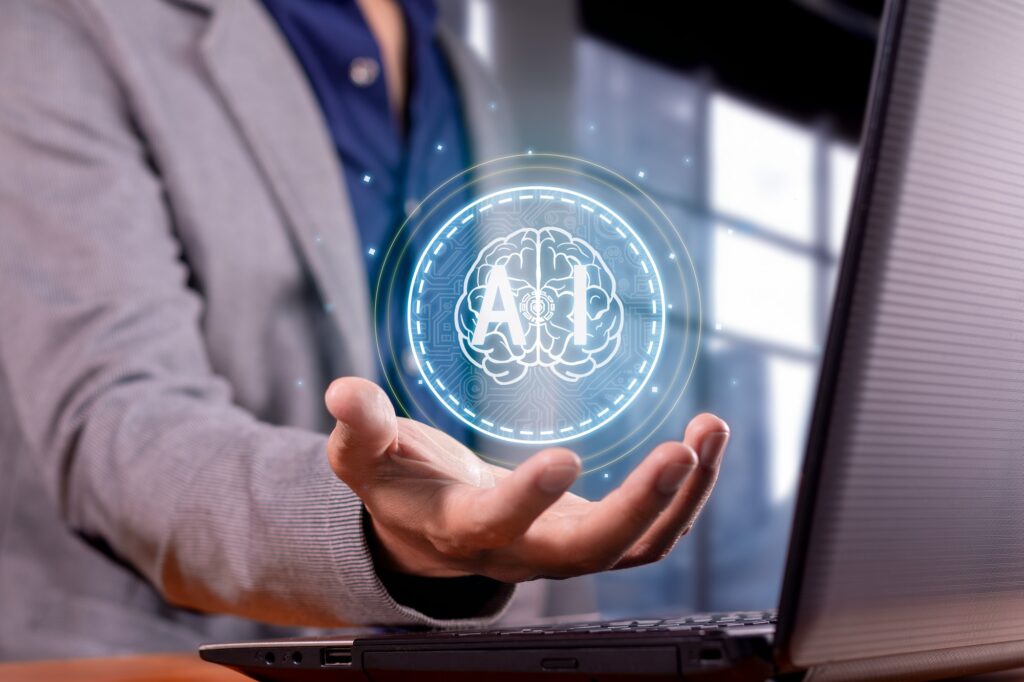Address
33-17, Q Sentral.
2A, Jalan Stesen Sentral 2, Kuala Lumpur Sentral,
50470 Federal Territory of Kuala Lumpur
Contact
+603-2701-3606
info@linkdood.com
Address
33-17, Q Sentral.
2A, Jalan Stesen Sentral 2, Kuala Lumpur Sentral,
50470 Federal Territory of Kuala Lumpur
Contact
+603-2701-3606
info@linkdood.com

Let’s break down the complex world of Artificial Intelligence (AI) and its impact on our lives, focusing on areas like ChatGPT, job concerns, regulations, and more. We’ll look at how AI is changing the game in various fields and what that means for us.

AI, especially tools like ChatGPT, is changing how we do things every day. It’s in different industries, changing our views on automation and digital smarts. While AI brings cool advancements, it also makes us wonder about relying too much on machines and losing the human touch in making decisions.
A big worry is how AI affects jobs. AI can do tasks that people usually do, which scares folks about job security. As AI gets better at different jobs, we have to think about what roles humans will have in a future where AI is everywhere.
AI is growing fast, and making rules for it is tough. The tech moves quicker than the laws can keep up, leading to risks and moral questions. It’s super important to have good rules for AI to make sure it’s used in ways that are safe and helpful.
Another issue is how AI affects our relationships. As AI gets better at acting like humans, people might start preferring talking to machines over real people. This could really change how we interact with each other.

There’s worry about AI being biased, especially in politics, as it helps spread information. But in healthcare, AI is doing great things, like improving how we diagnose and treat illnesses.
In cybersecurity, AI is a double-edged sword. It can make things safer, but also brings new risks like data privacy issues and spreading false info. In the arts, AI is shaking things up, making us question what creativity means when machines can make art too.
Countries around the world are racing to be the best in AI, pouring money and effort into research. This race is pushing innovation, but it also makes us think about who holds the power in AI and what that means for the world.
Looking ahead, AI’s path is full of potential but also lots of unknowns. It could really change our society, economy, and daily life in big ways, but we also have to be ready for the challenges and changes that come with it.

A1: Artificial Intelligence, or AI, is a branch of computer science that focuses on creating machines capable of intelligent behavior. It’s about making computers do things that would require intelligence if done by humans, like understanding language, recognizing patterns, learning from data, and making decisions.
A2: AI is automating some tasks that were traditionally done by humans, leading to concerns about job security. However, it’s also creating new job opportunities in tech and AI-related fields. The key is adapting and learning new skills to work alongside AI.
A3: Ethical concerns include issues like privacy, bias in decision-making, and the impact of AI on human relationships. There’s also the question of how to ensure AI is used responsibly and for the benefit of society.
A4: ChatGPT is an AI program designed to understand and generate human-like text based on the input it receives. It’s influential because it shows how advanced AI has become in understanding and mimicking human language, which has many applications in industries like customer service, content creation, and more.
A5: In healthcare, AI is used for tasks like analyzing medical data, assisting in diagnosis, personalizing treatment plans, and even in robotic surgeries. It’s helping to make healthcare more efficient and personalized.
A6: The main challenge is the pace at which AI technology is advancing, making it hard for regulations to keep up. There’s a need for laws and guidelines that ensure the safe and ethical use of AI, while also encouraging innovation.
A7: AI can greatly improve cybersecurity by detecting and responding to threats more quickly than humans. However, it also presents new challenges, like the risk of AI-powered cyber attacks and issues around data privacy.
A8: The global AI race refers to the competition among countries to lead in AI technology. This involves investing in research and development to advance AI capabilities, which has implications for economic and political power.
A9: Yes, AI can be biased, especially if the data it’s trained on is biased. This is a big concern in areas like facial recognition and decision-making systems, where biased AI can lead to unfair or harmful outcomes.
A10: Skills like programming, data analysis, machine learning, and an understanding of ethical and social implications of AI are important. Equally crucial are adaptability, critical thinking, and the ability to work alongside AI technologies.
Sources TechRound